2019
News articles released by The Roslin Institute in 2019.
Pupils monitor their bees’ health in the lab
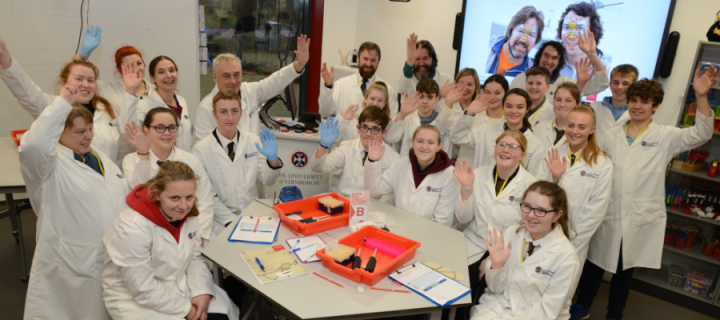
Young beekeepers use lab techniques to investigate parasites in their own bees at Easter Bush Science Outreach Centre.
Genetic clues of TB spread revealed
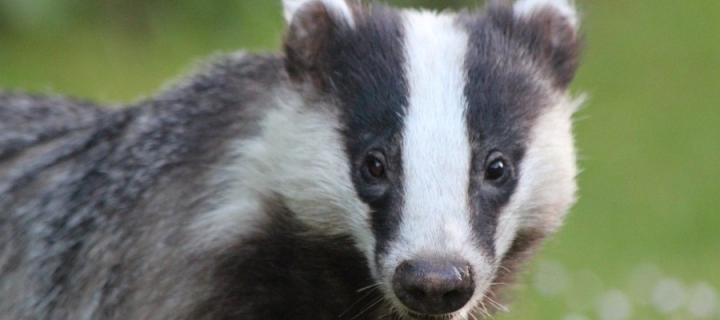
Tuberculosis in cattle and badgers passes between members of the same species at least twice as often than between cow and badger.
Agrifood research could benefit African countries
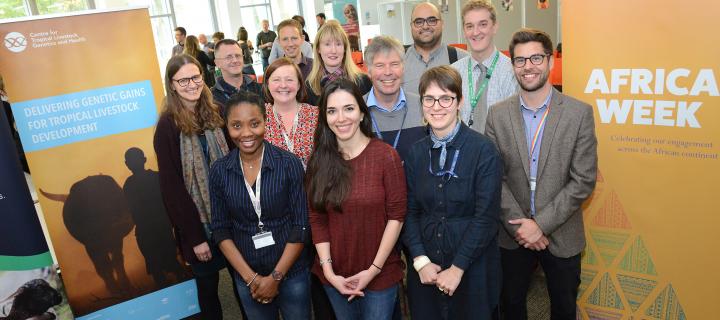
Research event on our campus spurs ideas for collective action to improve food production in African countries.
Members of the Scottish Parliament praise Roslin

Strong contributions of the Roslin Institute to the rural economy and gender balance were praised during a debate.
Bacteria overcome hurdles to jump between species

The remarkable ability of some bacteria to transfer from one species to another has been highlighted by a novel study method.
Research hotel hosts future One Health scientists

European Master students are learning lab skills in Roslin Innovation Centre’s labs.
Chicken gene find could help improve vaccines
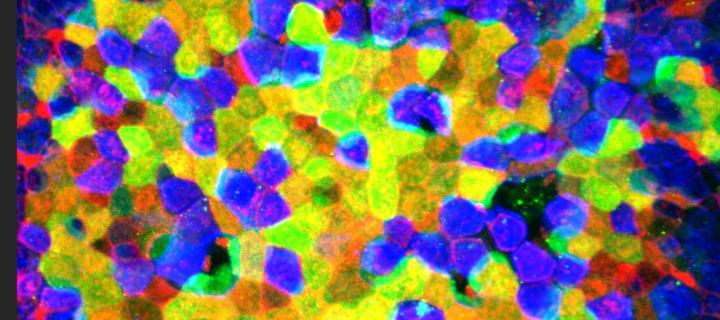
The discovery of a gene active in specialised chicken gut cells paves the way for studies investigating better design of vaccines.
Dog study links genetics to behavioural traits
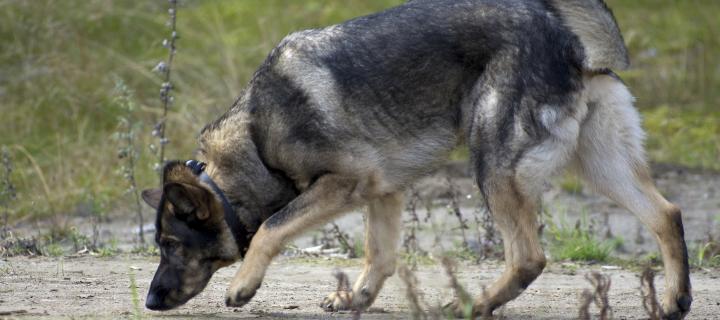
Complex behaviours in dogs are influenced by genetics, research has found.
Climate resilience of farm animals linked to genes
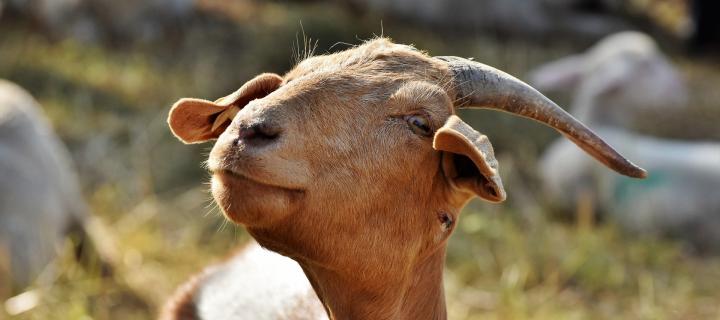
Breeding for goats resilient to climate change could be aided by a gene study.
Lung cancer gene study may enable diagnostic tests

A genetic study of lung cancer in sheep could lead to earlier diagnosis of the disease in sheep and people.
Livestock research focus at international event
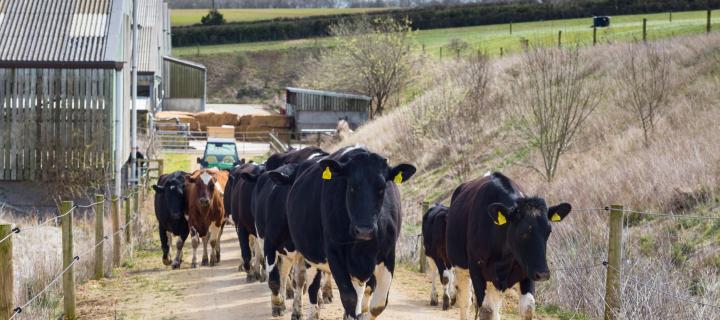
Scientists, industry representatives and policymakers meet to define research priorities in livestock production.
Social network insights could aid pig welfare
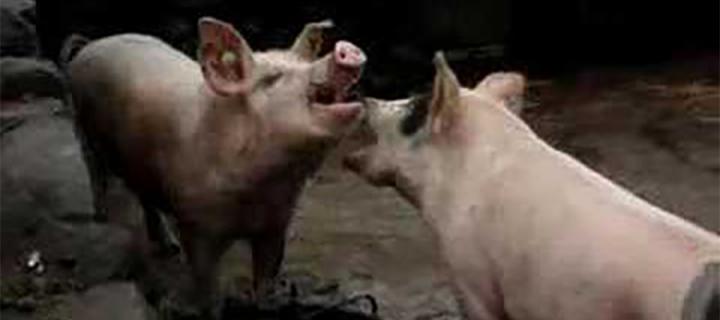
Better understanding of the social and genetic factors linked to harmful aggressive behaviour in pig pens could lead to improved management.
Protein has crucial role in hardening of arteries
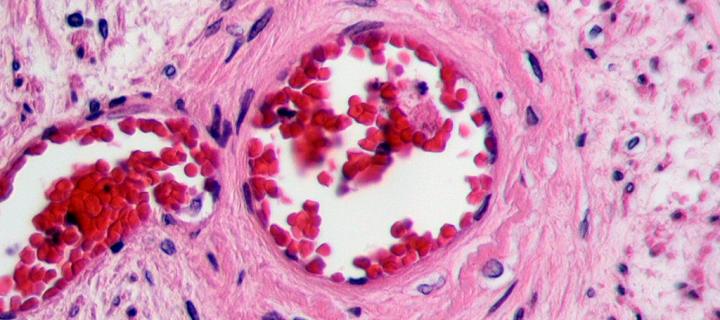
Research led by Roslin scientists highlights a key protein linked to the formation of hardened arteries and the mechanisms behind this.
Scottish Parliament celebrates gender equality work

Reception at Scottish Parliament highlights University of Edinburgh’s international work on advancing gender equality in science.
Stem cell partnership paves way to new therapies
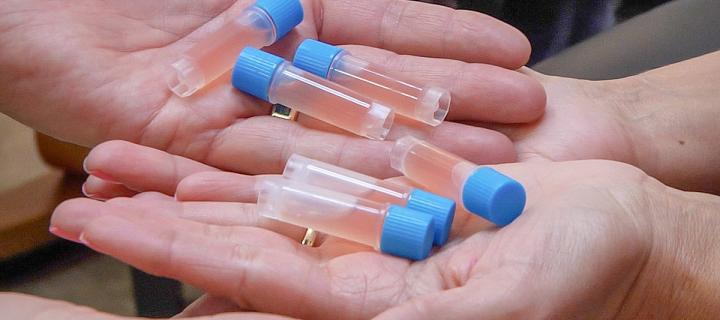
Collaboration aims at producing off-the-shelf stem cells for more efficient and less costly regenerative treatments in horses.
Research into pig disease inspires UK campaign
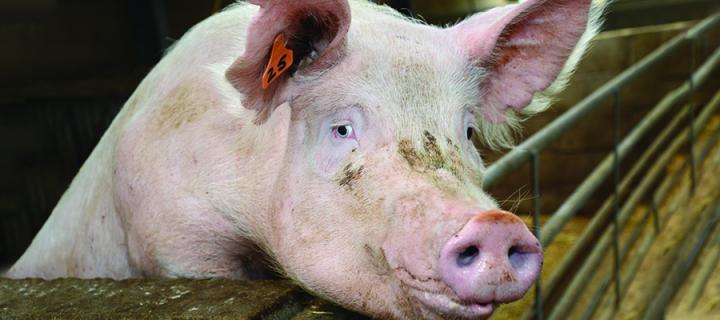
Scientists’ predictions of the potential impact of a UK outbreak of African swine fever inform a national campaign.
Good moods found to be infectious among rodents
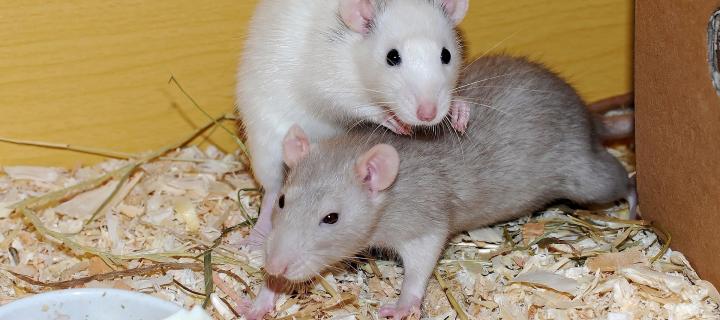
Rats can anticipate a positive experience and their excitement is shared by others around them.
Stem cell studies pave way to leaner livestock
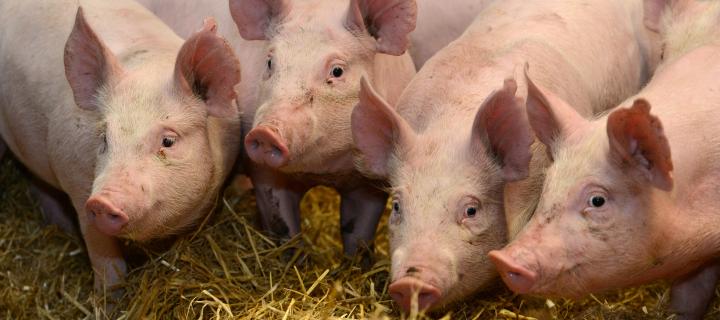
A research partnership with industry is using pig stem cells to research muscle and fat development, towards producing leaner meats.
Celebrating two years of research and innovation
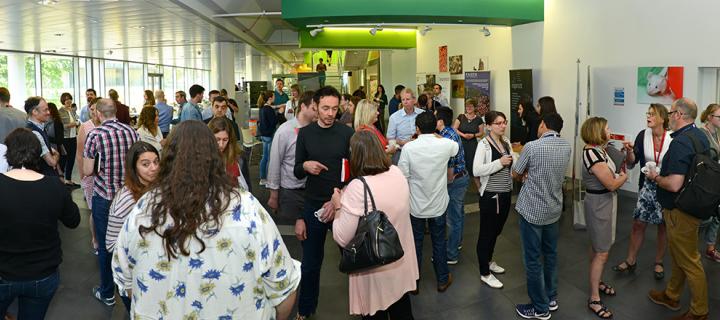
Two years on, Roslin Innovation Centre is home to 23 tenants and hosts collaboration in animal sciences, agritech and One Health.
Dolly named in world top 10 biotech projects

We are celebrating this announcement by looking at present and future research stemming from Dolly the Sheep.
Climate lessons could aid antibiotics challenge

Rising antimicrobial resistance, fuelled by overuse of treatments, could be curbed with a framework inspired by climate change targets.
Insights into hunger will aid poultry welfare
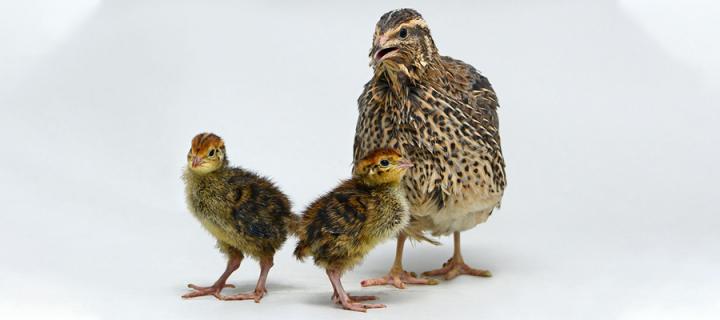
Scientists are to examine how experience of stress impacts on the development of brain processes linked to appetite in birds.
Award recognises impact of rabies work

The University of Edinburgh has honoured Professor Richard Mellanby with the Chancellor’s Award for Impact.
Emergence of bacterial disease potentiated by toxin
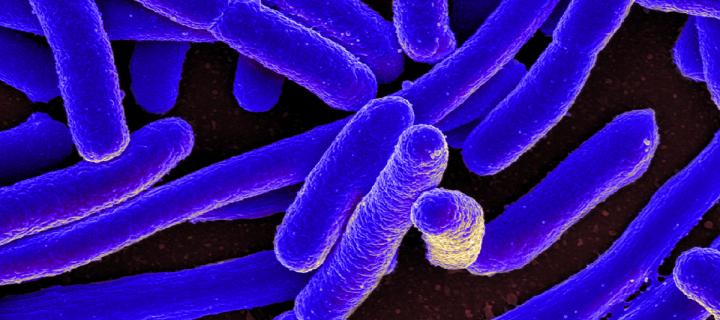
A toxin produced by E. coli bacteria is responsible for the emergence of a life-threatening disease in people.
Next phase for hedgehog-friendly campus plans
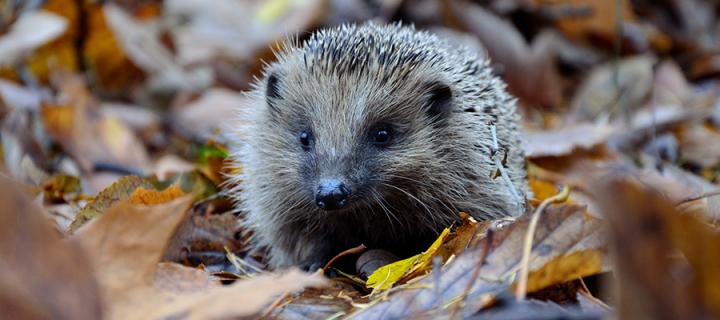
Efforts are ongoing to make the Easter Bush campus a place where hedgehogs can safely feed, shelter and breed.
Animal welfare event focuses on emotions
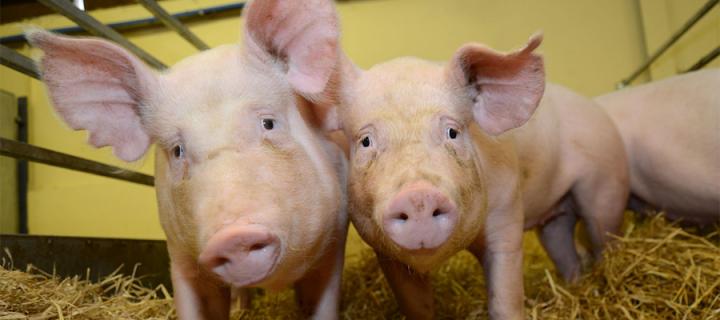
Insights into how animals experience feelings and emotions will be explored in talks, discussions and tours at a public event
Surrogacy advance could aid rare chicken breeds
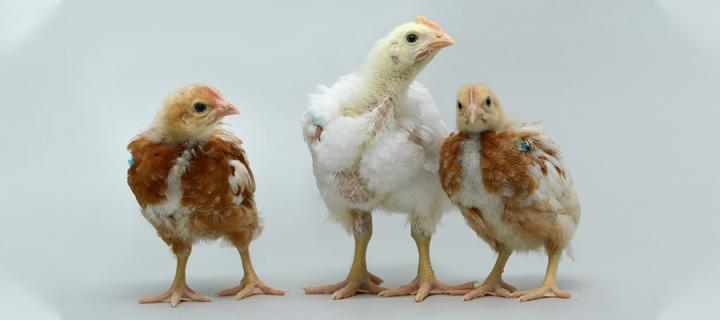
Infertile hens have been used to carry eggs containing other breeds, in a development using gene editing.
Researchers foster ideas for large animal studies
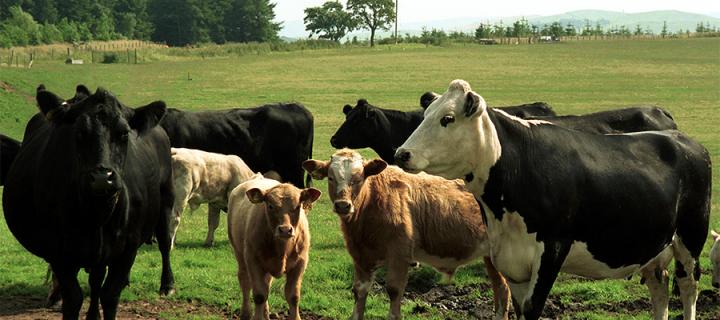
Scientific and medical experts are considering possible projects for the forthcoming Large Animal Research and Imaging Facility.
Global livestock centre marks five-year milestone
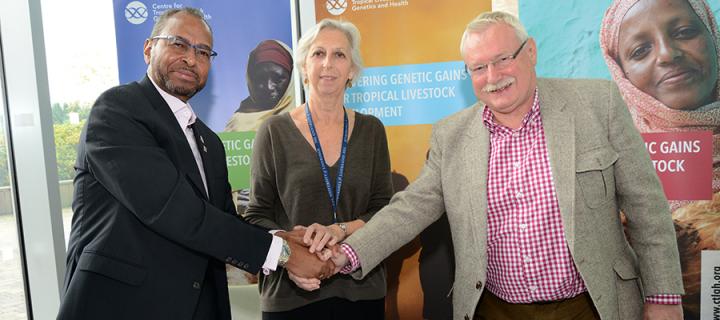
Researchers at the Centre for Tropical Livestock Genetics and Health reflect on the first five years and plan for the future.
New agreement to develop E. coli vaccine
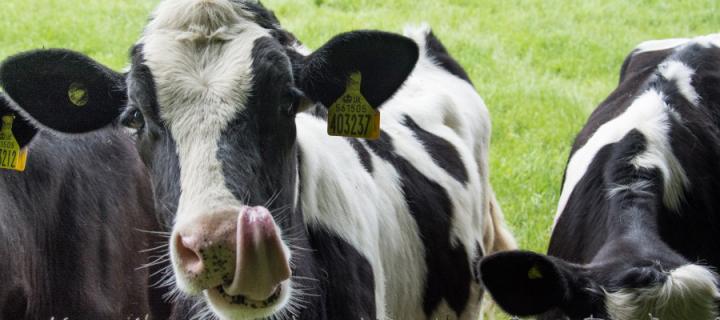
A new collaboration agreement has been signed to develop a vaccine to prevent life-threatening diseases in people.
Fellowship supports research into birth defects
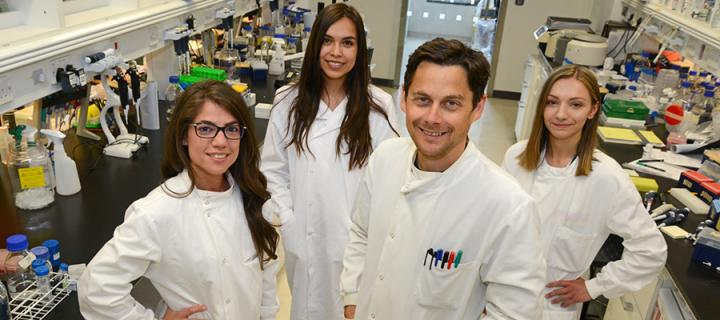
National award recognises work towards understanding tissue fusion in embryonic development.
Sheep study lends insight into gene variation
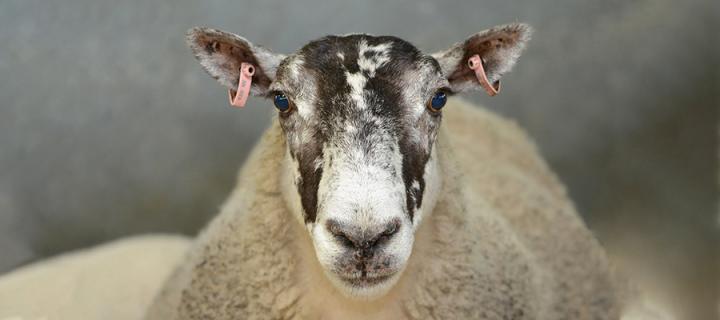
Novel analysis gives insights into how gene activity can help us understand how genetic differences inherited from each parent influence important traits in animals.
Innovative science PhD programmes announced

Programme in one health models of disease is one of four PhD University of Edinburgh programmes to be awarded funding by Wellcome.
Veterinary vaccine development aided by new website

The UK Immunological Toolbox website is now live to promote veterinary immunology and vaccinology research.
Pioneering patient study celebrated at sepsis event
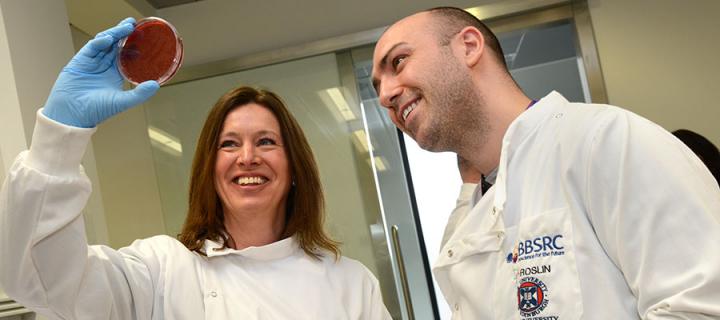
DNA samples from patients affected by sepsis could help scientists identify genes linked to the condition.
Identification of prion diseases aided by novel marker

Differentiation between brain diseases could be aided by detection of a novel protein, scientists discovered.
$3 million grant to tackle costly pig virus
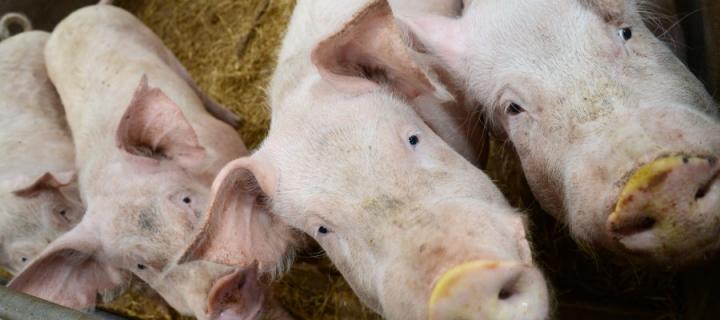
Research funding will help to understand how one of the world's most costly animal diseases spreads.
Model predicts vaccine effectiveness in animals
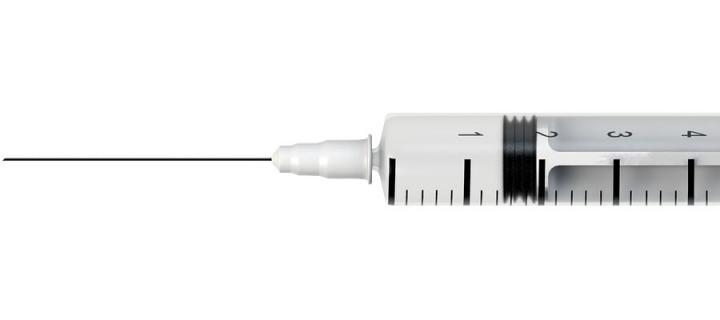
A new epidemiological model predicts the effectiveness of vaccines in preventing or eliminating infectious diseases in livestock.
Sheep research could aid insights into childhood dementia
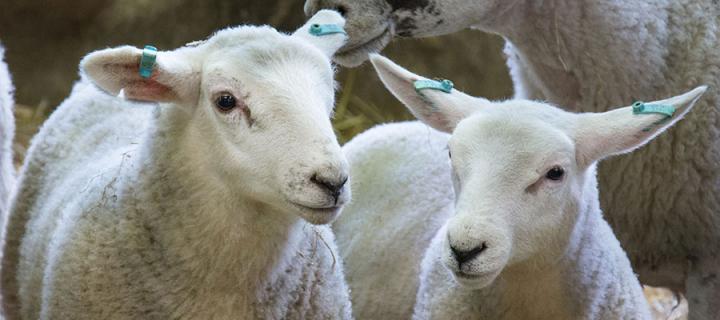
A new research approach could help progress towards therapies for a devastating childhood illness.
Cows, coughs and genome editing
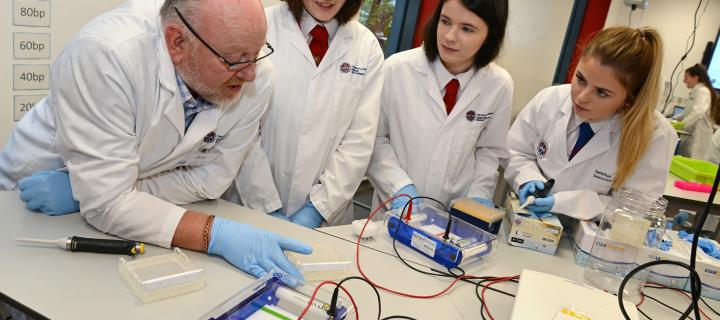
School pupils take part in a hands-on workshop to learn how gene editing could help tackle a highly contagious bovine virus.
Cow gut DNA study could help improve meat and dairy

Scientists discovered thousands of microbes in cows’ stomachs which could improve meat and dairy yields, and cows’ health.
Free kit helps children conduct science experiments
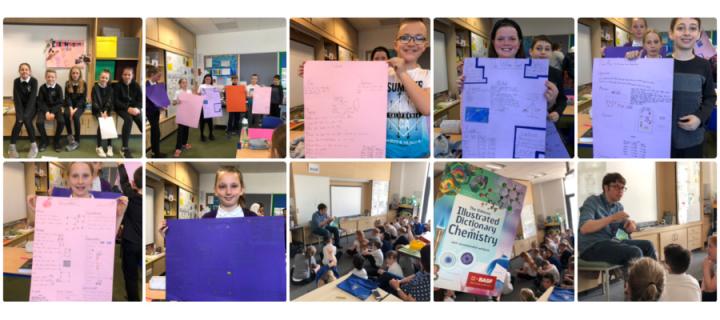
A free scientific toolkit for the classroom, already used by hundreds of children in Scotland, is available for download.
Our campus will create a wildlife haven for hedgehogs
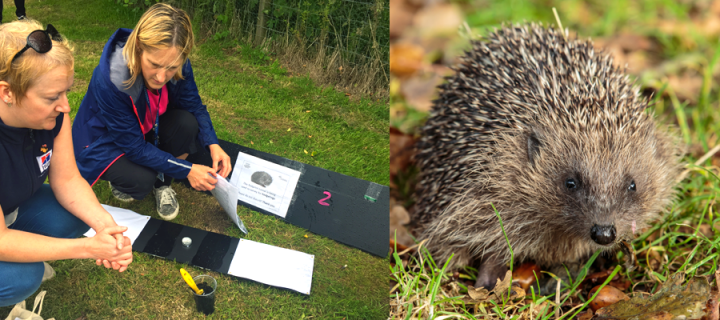
An initiative to protect hedgehogs has been launched at the Easter Bush Campus.
World Zoonoses Day: diseases that spread from animals to people

Investigating superbugs, flu, malaria, rabies and tuberculosis.
Widely available antibiotics could target common strains of superbug

A combination of antibiotics and a drug used to treat kidney infections could effectively treat a common superbug and limit the impact of antibiotic resistance.
Rats associate a smell with a positive experience
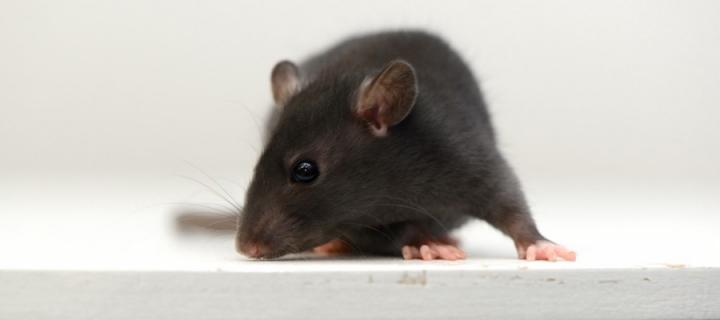
Researchers have discovered how to use smell to produce a positive emotional state in animals - by tickling rats.
New grant to investigate drug resistance in serious African cattle disease
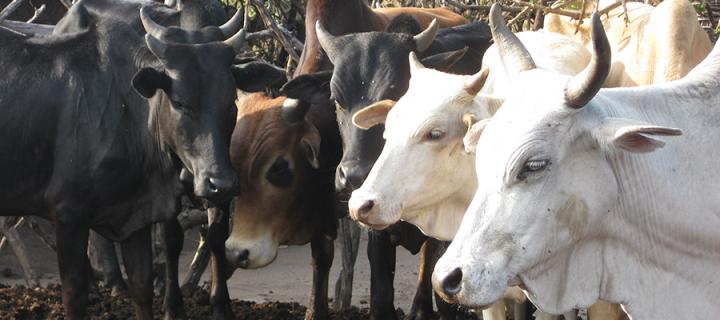
A £1.75M grant will support research to uncover mechanisms of drug resistance in African livestock trypanosomes, transmitted by tsetse flies.
Video: Tools for genetic gains of breeding programs

Converging plant and animal breeding could more than double the rates of genetic gain of breeding programs.
Eye disease patients to benefit from chicken study
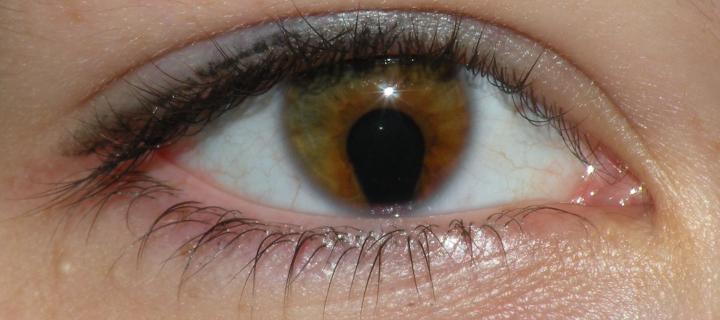
Childhood eye disease patients could benefit from insights revealed in new chicken study.
Gene-edited chicken cells resist bird flu virus
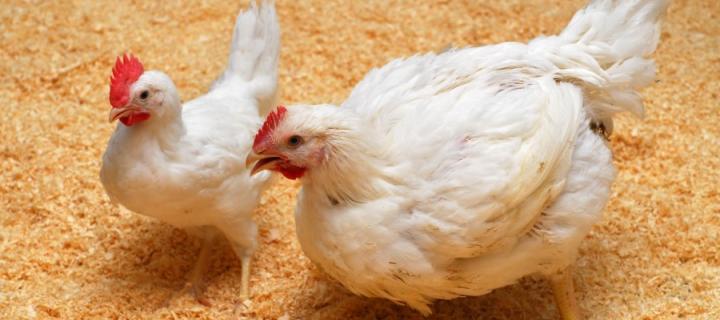
Scientists have used gene-editing techniques to stop the bird flu virus from spreading in chicken cells grown in the lab.
Genetic selection and editing could improve animal fitness

Genetic selection and editing to remove errors may help to improve fitness of livestock populations, computer simulation suggests.
Animal genetics open to debate at events this summer

We’re taking our science on the road to discuss the potential of animal genetics and celebrate 100 years of animal genetics in Edinburgh.
How the brain normally ages
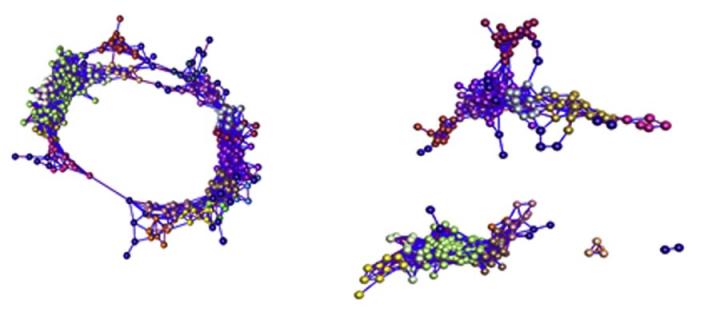
Study looking into how the brain normally ages paves the way to research into neurodegenerative diseases.
How genetics could help our honey bees

Scientists have been mapping the genetic make-up of bees and organisms living inside them to keep them safe from disease.
Dog DNA find could aid breathing problems

Scientists have discovered a DNA mutation linked to breathing problems in popular dog breeds.
Gut worms may hinder the spread of prions to the brain

Study of an infectious brain condition that destroys nerve cells helps to explain why some individuals may be at more risk than others.
Inspiring future women scientists in Africa

The Roslin public engagement team went to Kenya to train scientists to engage school girls with science.
Over 100 years of bird flu and human pandemic

Human pandemic by new bird flu viruses is a continuing threat, but control measures can minimise the risks, scientists say.
The genetics of Scottish red deer immunology

Genetic variation of Scottish red deer populations may indicate they are healthy but can be at risk of new diseases.
Propensity to transmit diseases depends on genes

The genetic propensity of animals to transmit diseases affects survival in populations during epidemics, study shows.
Chief Medical Officer visits sepsis research team
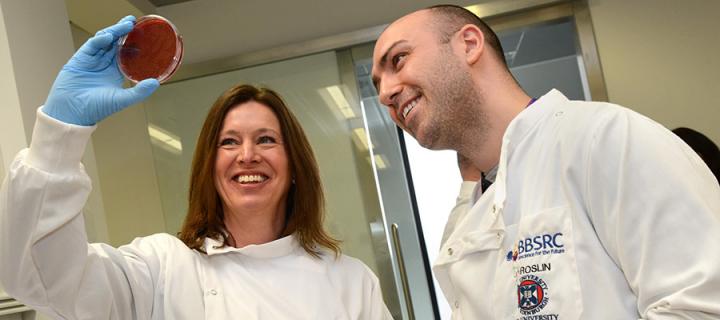
Chief Medical Officer for Scotland, Dr Cath Calderwood, visited The Roslin Institute to discuss our research into sepsis.
World Veterinary Day – celebrating the value of vaccination

Vaccines for rabies, chicken disease, cattle, E. coli and more at The Roslin Institute and the Royal (Dick) School of Veterinary Studies.
Genome sequencing lab awarded international quality stamp

Edinburgh Genomics has received an accreditation to mark the quality of its genome sequencing services.
How vitamin D affects the immune system

Scientists have uncovered fresh insights into how vitamin D affects the immune system and might influence susceptibility to diseases such as multiple sclerosis.
European consortium to ensure safer and healthier fish

New European research consortium will use next-generation breeding technology to produce safer, healthier and resource-efficient farmed fish.
Oral dog vaccine could help beat rabies

Millions of street dogs could be vaccinated by using an oral dog vaccine for rabies hidden in food, research suggests.
Easter Bush Campus wins sustainability & social responsibility awards
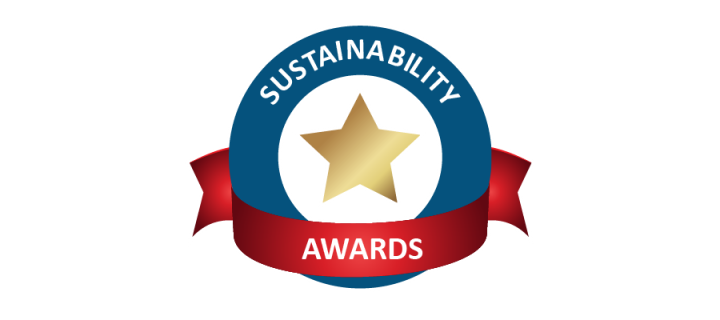
The University of Edinburgh recognised our Campus for its commitment to sustainability and social responsibility.
Sepsis study to investigate the role of genes
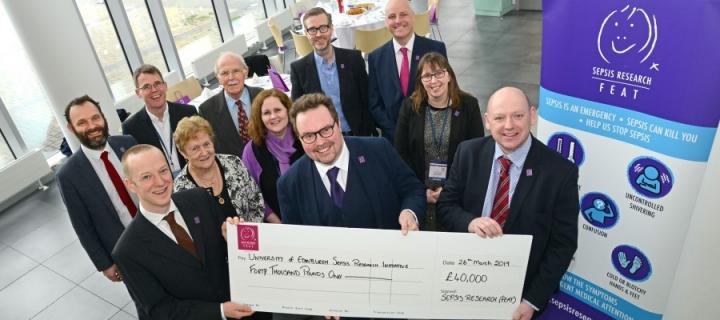
Scientists will investigate the role genes play during sepsis infection thanks to funding from Sepsis Research.
Study of gene linked to blindness helps Border collie breeders
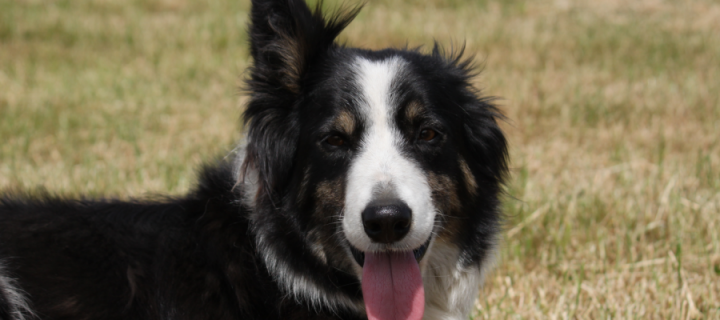
A study that identified a gene linked to blindness in Border collies has led to a new genetic test for the condition.
Roslin science in verse

Poems by Roslin scientists about our research on viruses, chickens, bees, genome sequencing and more for World Poetry Day.
Gene study set to investigate how flu jumps species
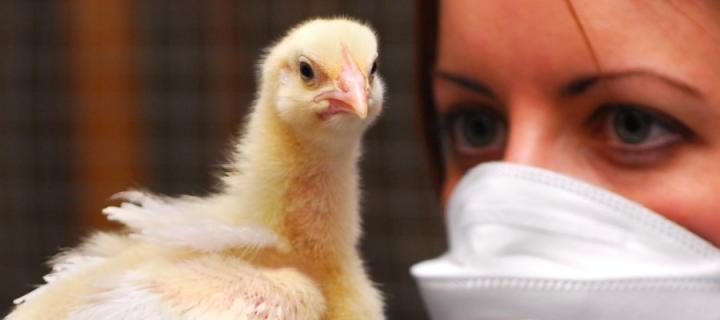
New study will identify genes that reduce Influenza A infection in pigs and chickens, and genes that limit the spread of the virus to people.
Roslin scientists will support women agricultural scientists in Ethiopia
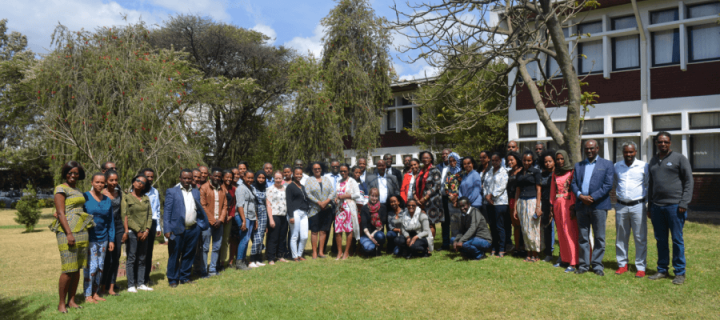
Scientists at The Roslin Institute will support new African Women in Agricultural Research and Development (AWARD) fellows in Ethiopia.
Roslin Director is awarded the Ronald Ross medal
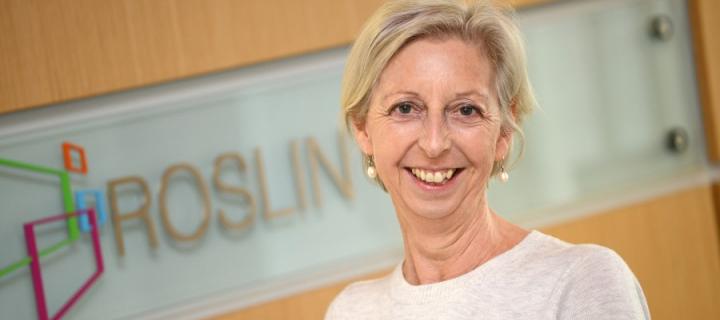
Professor Eleanor Riley has been awarded the 2019 Ronald Ross medal for her research in malaria immunology and contributions to Africa.
People choose romantic partners with similar lifespan
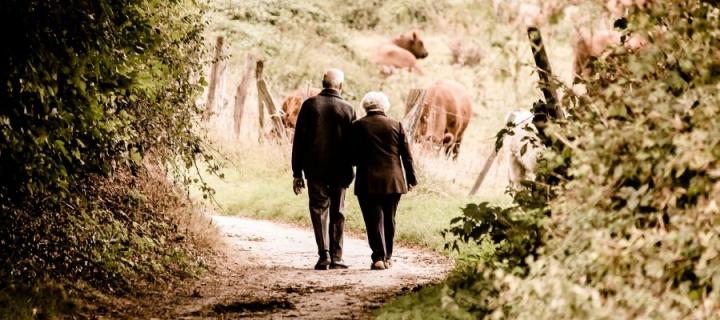
People tend to unwittingly choose a life partner with a comparable life expectancy, research suggests.
How bird feathers form in wave-like motion
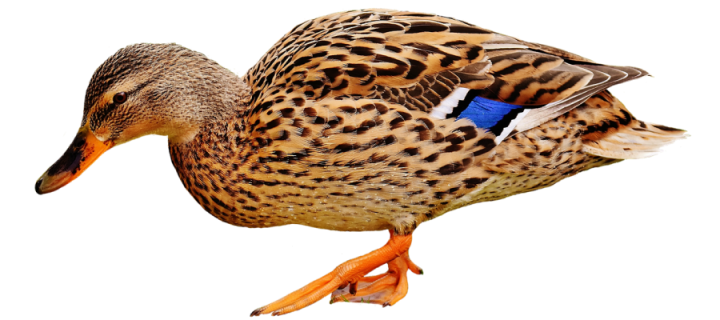
Scientists have revealed how bird feathers form in a wave-like motion, which could help cool birds.
Protein supports embryo cell survival under metabolic stress
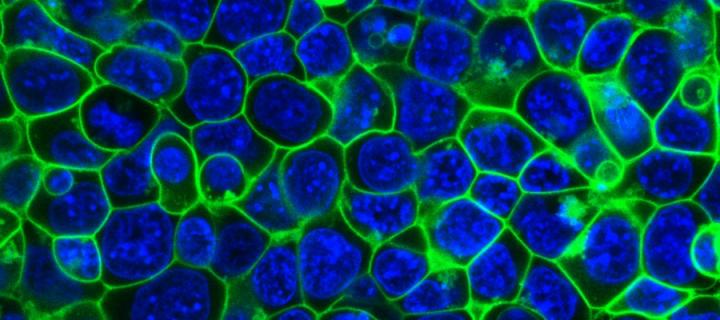
Journal front-cover study identifies a novel protein in mice that may support embryo cell survival during its very first days of existence.
Aquaculture genetics consortium set to tackle industry challenges

Major new aquaculture genetics consortium aims to take a leap forward in stock improvement of vital UK species.
Survey to gauge public opinion on gene-edited meat
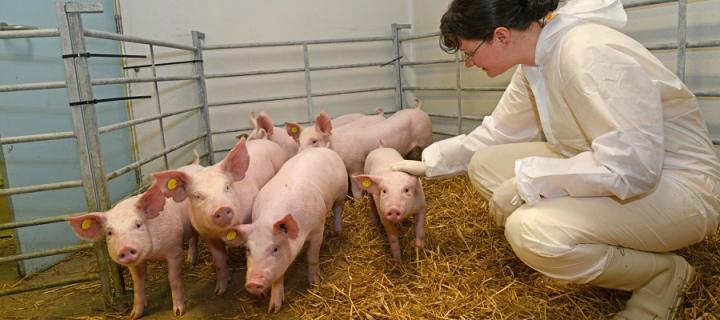
Researchers launch a survey for people to share their views on the use of gene-editing in animals through an online survey.
Deforestation linked to changes in spread of infectious diseases

Deforestation and land use changes impact the spread of infectious diseases, research suggests.
Lung tissue forms immune cell hubs when needed
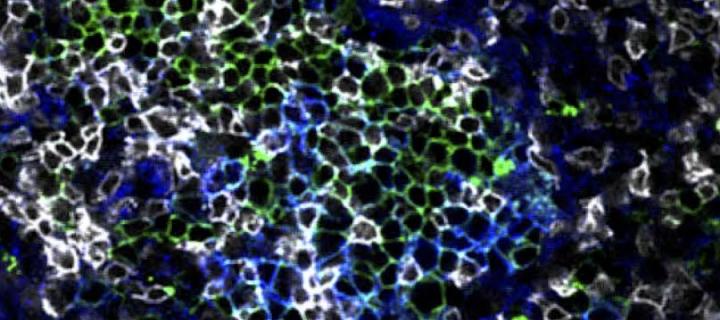
Research uncovers how lung tissue is remodelled to support an immune response to influenza.
World Cancer Day: tackling cancer at Roslin

Work at the Institute sheds light on how human cancers develop and how to treat them as well as our susceptibility to cancer.
Survey for dairy farmers in effort to improve diagnostic techniques for cattle
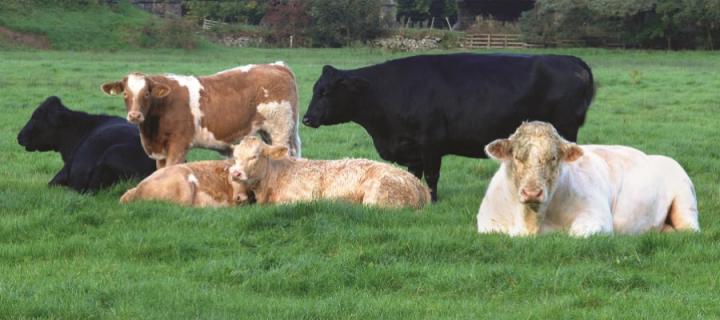
Scientists launch a survey for dairy farmers to inform research studies aiming at improving diagnostics for cattle pregnancy and disease.
Sheep with higher vitamin D levels give birth to heavier lambs
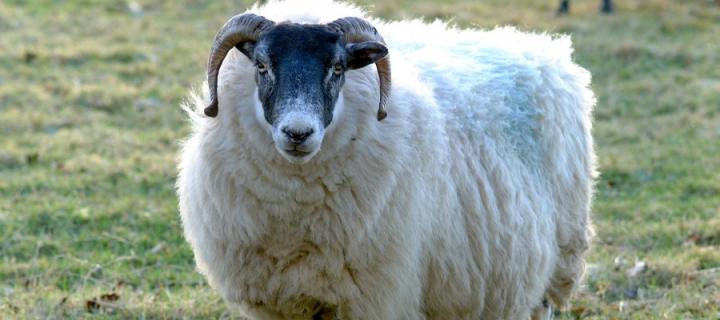
Researchers explored the link between vitamin D levels and health outcomes in Scottish hill sheep.
Hen eggs with human proteins offer drug hope

Chickens that are genetically modified to produce human proteins in their eggs can offer a cost-effective method of producing drugs.
A new high quality reference genome for water buffalo

Researchers have created a new high quality water buffalo genome assembly, which surpasses that of the human and goat assemblies in contiguity.
Long-read DNA analysis can give rise to errors
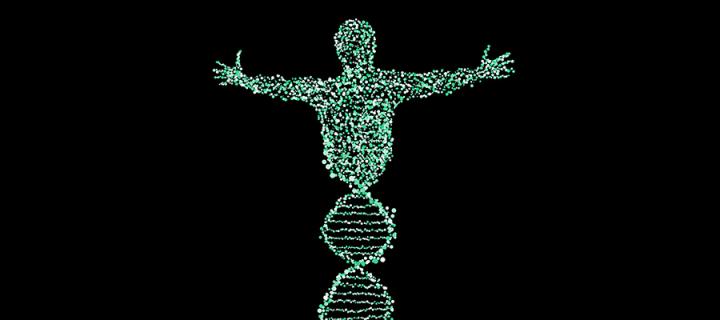
Advanced technologies that read long strings of DNA can produce flawed data that could affect genetic studies, experts warn.
Scottish consortiums take giant leap forward for salmon gill health
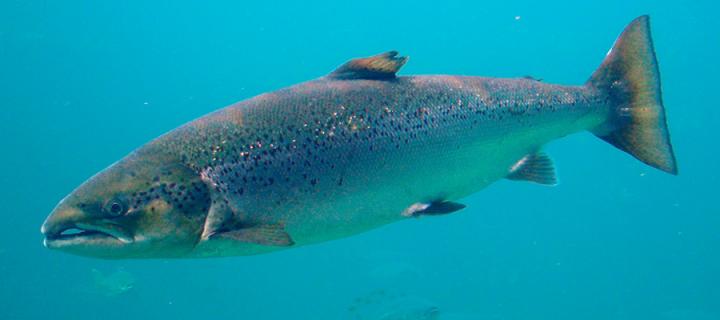
The two consortiums will help to understand and prevent diseases affecting farmed salmon.
Members of the Scottish Parliament visit the Institute

Richard Leonard MSP and Rhoda Grant MSP visited us to learn about the research conducted at the Institute.
Beekeeping citizen science

Roslin scientists ran a beekeeping citizen science workshop at Easter Bush Science Outreach Centre.
Animal lovers' empathy may be hardwired in their DNA

Scientists have uncovered a genetic difference in people who show greater compassion for animals.


